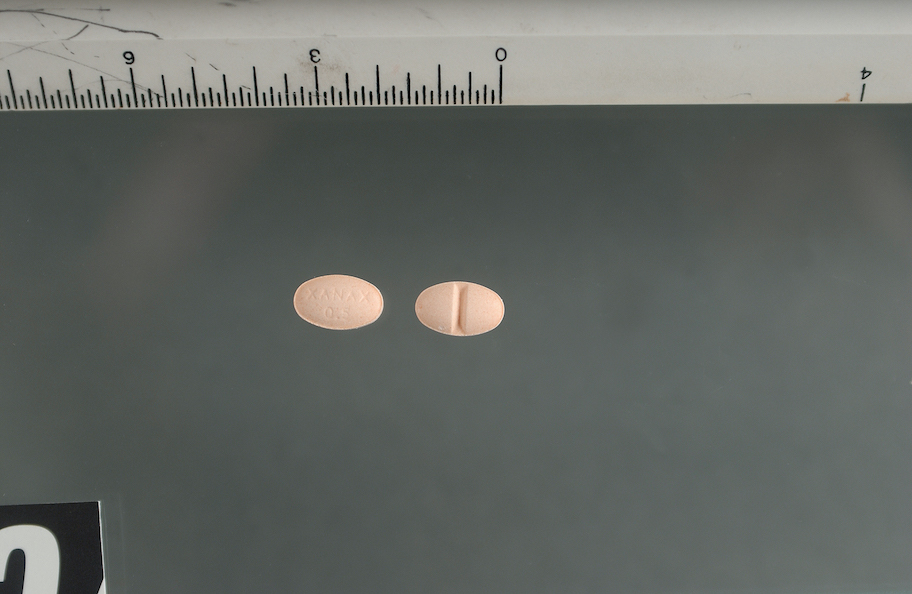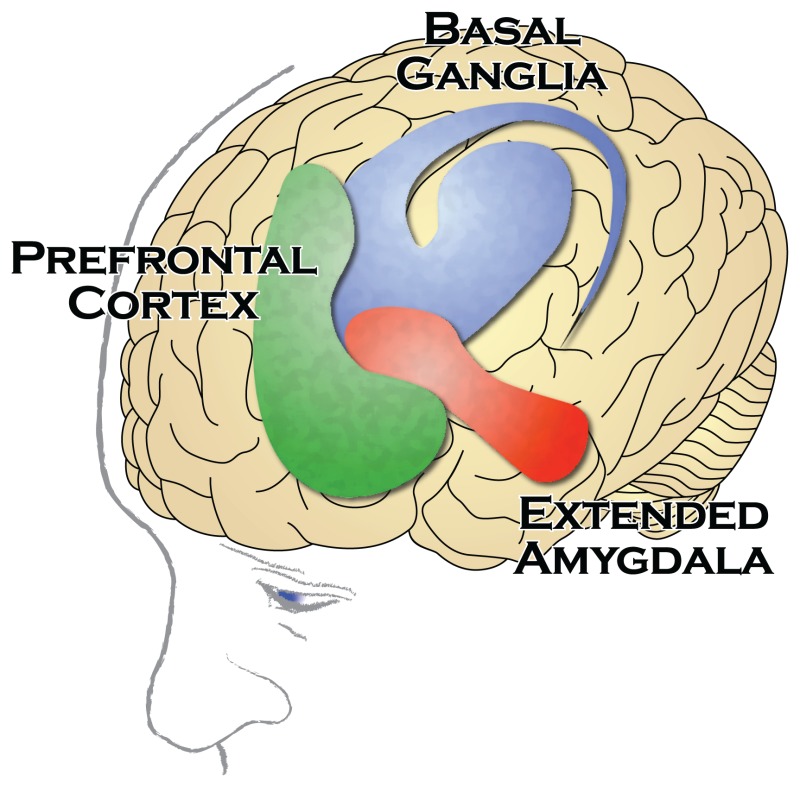[ad_1]
Although documented statistics about cryptocurrency trading and substance abuse are hard to come by, addiction experts are treating an increasing number of crypto traders.
Abdullah Boulard, founder and CEO at The Balance Luxury Rehab, tells Magazine that a number of crypto traders struggle with substance abuse. “Our client base is diverse, but this is a unique demographic that we’ve seen an increase in over the recent years,” Boulard says.
According to Boulard, the high intensity of cryptocurrency trading combined with 24/7 accessibility encourages some to use stimulants to keep up the pace. “Substances like amphetamines, cocaine and even excessive caffeine use are common among these individuals,” says Boulard.
Caroline Ellison, the former CEO of Alameda Research, tweeted about the use of stimulants in April 2021.
nothing like regular amphetamine use to make you appreciate how dumb a lot of normal, non-medicated human experience is
— Caroline (@carolinecapital) April 5, 2021
New York Magazine subsequently reported that a successful trader who met with Ellison commented about her use of stimulants and their overall effects on members of the community. “Crypto really fucked with a lot of people’s perceptions of money. A lot of stuff doesn’t feel real. And if you add speed …”
Prior to that, in September 2019, the former CEO of disgraced cryptocurrency exchange FTX, Sam Bankman-Fried, tweeted about his use of stimulants and sleeping pills.
a) stimulants when you wake up, sleeping pills if you need them when you sleep.
b) be mindful of where your headspace is: I often nap in the office so that my mind doesn’t leave work mode in between shifts.— SBF (@SBF_FTX) September 15, 2019
What goes up, must come down
Boulard also sees a lot of patients who use benzodiazepines. Street-named “downers” or “benzos,” benzodiazepines include commonly used drugs like Xanax, Valium and Ativan.

He believes that traders use these prescription drugs to cope with anxiety and insomnia, symptoms likely created by the highs and lows of trading and by the use of the stimulants. Boulard says that alcohol is used for the same purpose.
Dr. Lawrence Weinstein, chief medical officer at American Addiction Centers agrees. Weinstein tells Magazine, “Alcohol use disorder is also common among those with a gambling disorder, of which cryptocurrency trading is a subtype.”
Although some patients who have come through Weinstein’s programs don’t necessarily meet the clinical diagnostic criteria for a gambling disorder, they do have a history of cryptocurrency trading experience and typically present with an alcohol use disorder, stimulant use disorder or both.
What’s the link?
Cryptocurrency trading addiction is increasingly becoming a problem for some members of the community. According to Weinstein, compulsive trading addiction and substance abuse can go hand in hand. “Behavioral addictions and substance addictions have a lot of overlap in terms of risk factors, but especially from a neurobiological standpoint,” Weinstein says.
A 2022 case study authored by Dr. Harun Olcay Sonkurt of Anadolu Hospital in Turkey presents a 30-year-old research student addicted to cryptocurrency trading and alcohol. The student started out trading Bitcoin and soon added altcoins to his portfolio. After just a few months, he started to trade margins and subsequently lost more than two year’s worth of his salary. Unable to stop or control his trading, the student struggled with restlessness and anger. His mind was constantly focused on price fluctuations and trades.
“Since he experiences intense anxiety in trades with high leverage, he drinks alcohol before the trade,” Sonkurt writes.
What happens to the brain?
Weinstein believes that behaviors like cryptocurrency trading can cause increases and decreases in the neurotransmitter dopamine, just like alcohol and some drugs. Dopamine is a chemical messenger that the body produces and that the nervous system uses to send messages between cells.
“The activation of the brain’s reward system by the neurotransmitter dopamine is a significant factor in the development of an addiction. A dopamine spike caused by the use of a substance (or performance of a behavior) helps reinforce that enjoyable feeling by creating a link between the thing that elicits that feeling with the desire to do it again,” Weinstein says.
Read also
According to Weinstein, a dopamine spike is followed by a crash. When this happens repeatedly, the extensive neurocircuitry involved with the brain’s reward system can be damaged, which eventually negatively affects other areas of the brain.
The brain’s habit-forming center and the area responsible for impulse control, as well as the section controlling feelings of uneasiness, irritability and anxiety, are all affected. “These are also three regions of the brain that play a key role in the development of addiction,” says Weinstein.

Chronic behaviors like addictive crypto trading and the use of substances alter brain circuitry and cause pathological changes. Weinstein says that at this point, individuals no longer have the element of choice. The brain has created new neural connections, and the individual requires the substance to function normally.
“If someone with a severe alcohol use disorder were to suddenly cease consumption, they run the very real risk of dying because the body has become so dependent on the substance. I’ve seen many patients compare their time in active addiction to starvation — it’s not a choice or a want; it’s a need. They aren’t waking up every day choosing to remain addicted to a substance,” Weinstein says.
Money doesn’t make it any better
Although some cryptocurrency traders who struggle with substance abuse lose it all, some are very successful. Disciplined, experienced traders can make a lot of money very quickly. Even newbies can strike it rich for a little while if they bet on the right coin.
The student in Sonkurt’s study says that he “finds it thrilling to earn the same amount of money as he earns by working for months with high leverage in minutes.”
Boulard believes that “access to vast financial resources can exacerbate substance abuse if it remains untreated,” and Weinstein says that having the means to sustain an addiction indefinitely can make it worse and prolong it.
He suggests that being able to acquire a chosen substance with ease disincentivizes stopping, all the while mitigating many of the addiction’s negative consequences.
“Aside from eliminating access to funds, and potentially access to the addictive substance or activity, there may be very few other avenues that would motivate the individual to seek help for their addiction,” Weinstein says. “The speedy acquisition of wealth can be disorienting, can lead to lifestyle changes and can create pressures that make them more prone to substance abuse,” Boulard adds.
What does treatment look like?
Boulard tailors treatment to the individual. Usually, this includes detoxification and psychotherapy. He integrates holistic therapies like mindfulness training, yoga and dietary adjustments.
“We also incorporate financial counseling and educate our clients about healthier trading habits,” Boulard says.
Weinstein tells Magzine that “CBT or cognitive behavioral therapy is the most common form of therapy used in the treatment of process or behavioral addictions. This form of therapy helps individuals identify certain situations that can be triggering and utilize the coping skills they’ve developed through therapy to prevent a relapse in the addictive behavior.”
He feels that It’s very likely that someone with a behavioral addiction has a co-occurring mental health condition. Properly and professionally treating both would yield the best outcomes.
According to the National Institute of Health, people addicted to drugs often suffer from other health, legal, familial or social problems that must be addressed simultaneously. The NIH says that “the best programs provide a combination of therapies and other services to meet an individual patient’s needs.”
Is it possible to treat yourself?
Boulard advises against it. Although it’s not impossible to beat an addiction on your own, long-term outcomes may be less likely.
“While it’s theoretically possible to overcome addiction without formal treatment, professional help dramatically improves success rates and reduces the likelihood of relapse,” Boulard says.
According to the National Institute on Drug Abuse, there are strong associations between drugs and related cues. When someone tries to stop using drugs, stressful experiences may lead to cravings and drug use again. “Returning to use after stopping, or relapse, is not uncommon. And, like addiction itself, it’s not a sign of weakness,” says NIDA.
Subscribe
The most engaging reads in blockchain. Delivered once a
week.


Mitch Eiven
Mitch is a writer who covers cryptocurrency, politics, the intersection between the two and a handful of other, unrelated topics. He believes that crypto is the future of finance and feels privileged that he has opportunities to report on it.
[ad_2]
Source link



